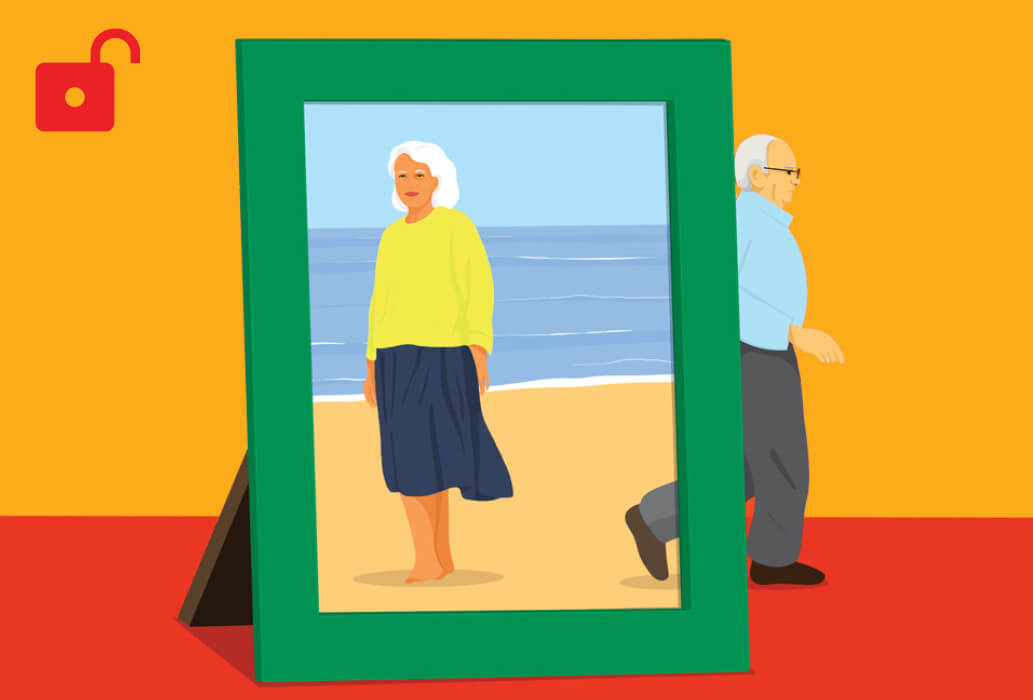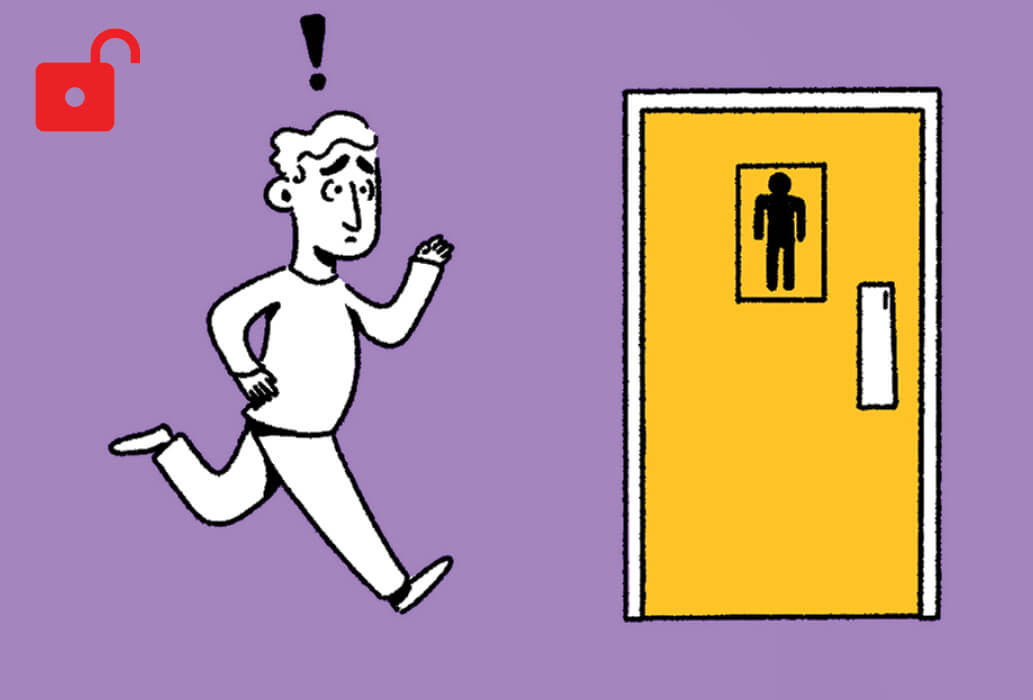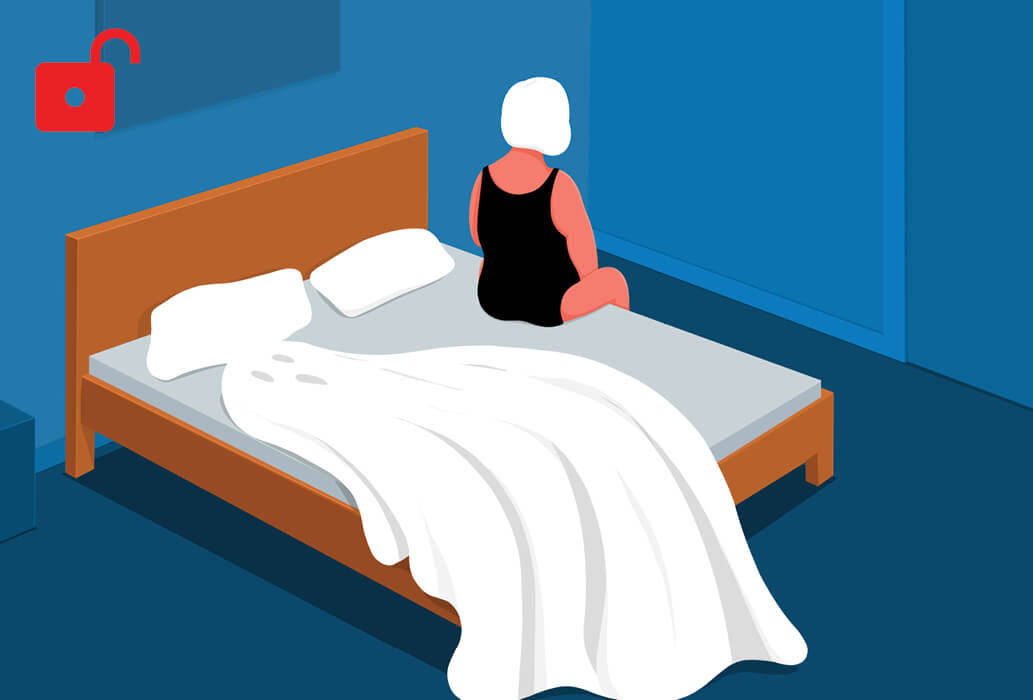Your Health
ASK DR. ADAM
A top internist and cardiologist answers your questions with surprising doctor-tested tips

“How do I politely decline being weighed at the doctor’s office?”
Dr. Adam: I understand why you may be uncomfortable having your weight taken at your doctor’s office. It’s not uncommon to be anxious, especially if you’ve been trying to lose weight and fear your efforts haven’t paid off. You’re not alone in this experience.
In a survey, 384 women of all different body sizes talked about their most recent health visit. More than half of those who refused to be weighed said that being asked to step on the scale made them feel bad about themselves. They reported that it negatively affected their self-esteem, mental health and emotional well-being.
Even though it may be uncomfortable, unless you have an eating disorder or a distorted body image, skipping the scale may not be such a good idea. I consider my patients’ weight to be a vital sign of their health. Knowing it is as important as taking their blood pressure or sending their blood work to a lab.
If hearing your weight makes you feel uncomfortable, there are ways to get around it. It’s appropriate for you to say to your doctor, “I don’t want to know the number. Please don’t tell me, and I don’t want to look at it.”
When I have a patient facing the scale and they say, “Adam, I just don’t want to do this. I feel too embarrassed,” I turn to them and say, “That’s fine. You can close your eyes, or we’ll put you on the scale backward. I promise I won’t tell you what it says.”
Of course, I can’t pick anyone up and put them on the scale, but I reassure my patients that I never look at their weight as a cosmetic issue. I explain that I need to know their weight to help interpret their blood work or to decide how much medication to prescribe.
There are also medical reasons behind weight gain or loss that have nothing to do with how much you’re eating. Recently, a patient complained about feeling lightheaded. I put him on the scale and found out he had lost 10 pounds. As a result, his blood pressure had dropped, and the medication he was prescribed to keep his pressure low was now making him feel dizzy.
If you’ve lost weight unexpectedly, it could be a sign of illness, such as an overactive thyroid (hyperthyroidism) or even cancer. It might be an indication of depression or issues in your gastrointestinal tract.
Being underweight, particularly as we get older, can be a risk factor for several health problems. Let’s say there’s an 88-year-old woman who should really be 130 pounds, but she’s down to 120, and her body mass index (BMI) is low. If she gets sick, she’s at a higher risk for severe illness and even death because she’s underweight.
On the other hand, if you’ve gained a significant amount of weight, it could be a sign of a hormonal disorder called Cushing’s syndrome or an underactive thyroid (hypothyroidism). It can also mean you’re at risk for several medical conditions, including high blood pressure, heart disease, type 2 diabetes, joint pain and sleep apnea.
The decision on whether your doctor weighs you is entirely your own. It’s every patient’s legal and ethical right to be in charge of what happens to their body. Even if your doctor tries to convince you of its importance as I have just done, you can simply say, “No thank you. I prefer not to do it.”

Adam B. Rosenbluth, M.D., practices and teaches in New York City. Each Monday online, he answers your questions about how to make your body work better for you.
WANT MORE DR.ADAM? GO TO aarp.org/AskDrAdam
For more advice columns, go to aarp.org/MembersEditionBUL

Can You Save a Sexless Marriage?
Find tips for navigating a relationship that lacks physical intimacy. aarp.org/InTheMood

Why Do I Have to Pee So Often?
Practical advice to help reduce or eliminate frequent urination. aarp.org/AskDrAdam

How Do I Date Without Apps?
There are plenty of ways to find and connect with others in real life. aarp.org/InTheMood
Need help? Visit aarp.org/MembersEditionHelp or call 877-846-3261